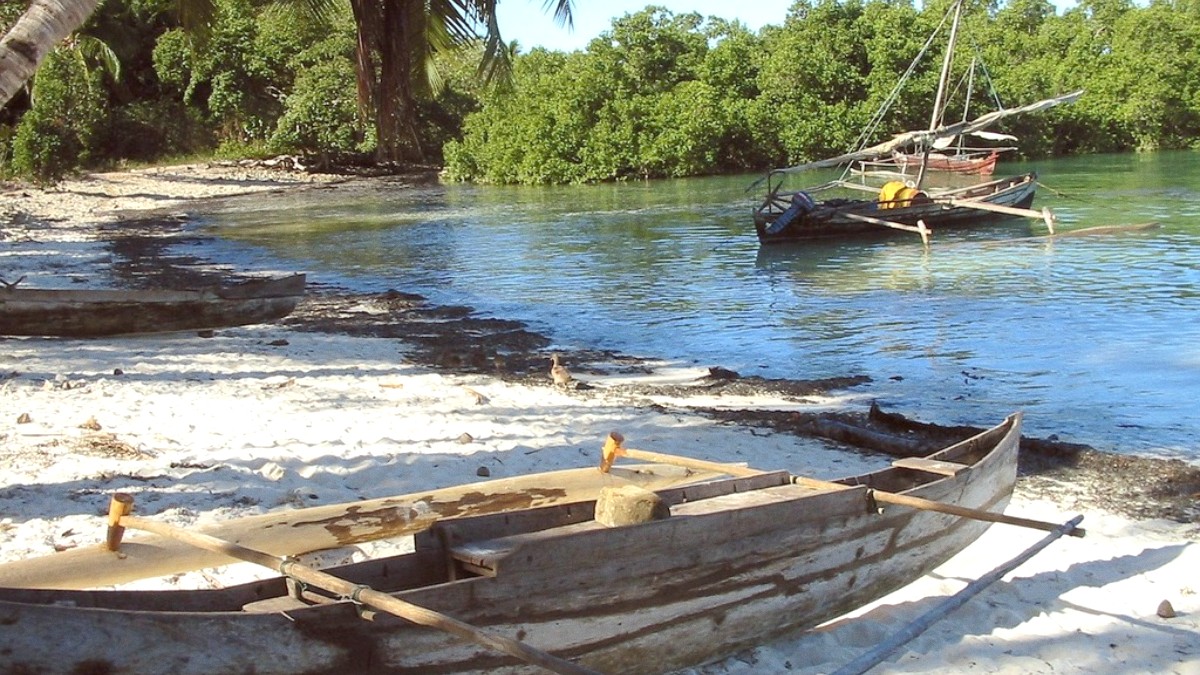
Discussions on sensitive political issues or climate change impacts call for sensitivity and respect for local perspectives.
Kiribati maintains a conservative society. Public displays of affection are uncommon.
The Phoenix Islands Protected Area (PIPA), an UNESCO World Heritage Site, highlights Kiribati's commitment to marine biodiversity.
Waste management presents a considerable challenge, especially in South Tarawa, which has land constraints and pollution from waste.
Minimize waste and conserve water.
Engage thoughtfully with the environment and local culture.
Few accommodations formally certify as eco-friendly. Simpler, community-based options often have lower footprints. Explore eco-friendly lodging options via Ecobnb.
Some fishing lodges on Kiritimati practice catch-and-release for certain species as a conservation measure.
Research operators who demonstrate clear respect for the environment and local culture during your travels. Consider tours with G Adventures.
Efforts at community and national levels protect the I-Kiribati language, traditional dance (Ruoia), music, and knowledge.
Modest dress outside beach or resort areas. Always ask permission for photos of people.
Observing local customs fosters positive interactions and a appreciation of Kiribati's heritage.
Your mindful engagement supports local communities and cultural integrity.
Your travel decisions can directly foster positive economic effects for local communities.
When buying crafts, acquire directly from the artisan at local markets to help fair pricing.
Direct handouts of money or gifts to children are generally not encouraged as they can create dependency.
Your choices contribute directly to the well-being of Kiribati's environment and communities.
Kiribati’s tropical climate means distinct "summer" or "winter" as understood in temperate zones do not apply. Instead, focus on wet and dry seasons.
This period delivers the best weather for outdoor activities.
This period brings more rain and humidity but offers a different experience.
Strategies for travel during the wet season.
The off-season presents a chance for an unique perspective.
With careful planning and an adaptable mindset, your Kiribati experience will be memorable.